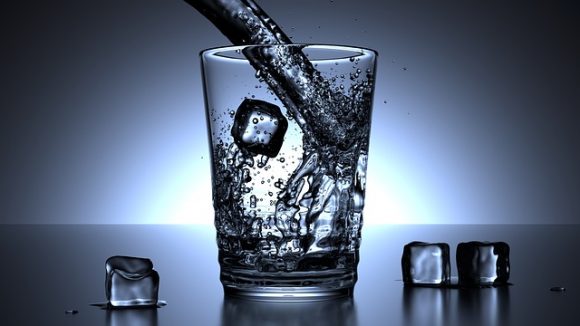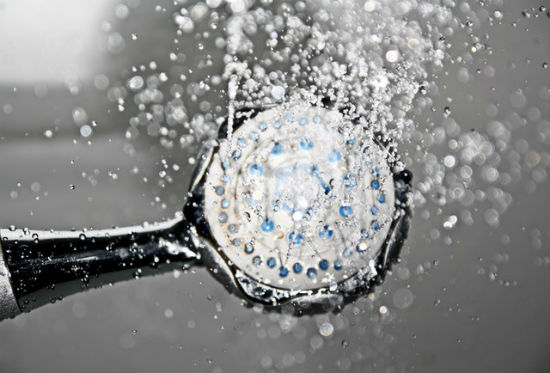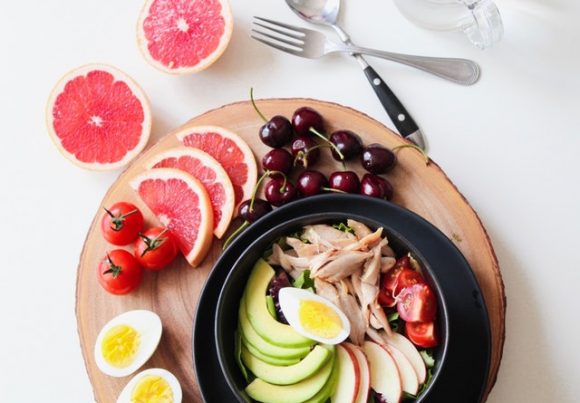
Ramadan Tips: How to Keep Yourself Hydrated All Day Long
Feeling thirsty is the most common symptom of dehydration. If you feel an urge to drink water or any form of a liquid, it means you may already be dehydrated. Of course, during the long, hot days of Ramadan, keeping yourself hydrated is not easy.
In fact, if you are celebrating Ramadan in Pakistan right now, you must constantly be fighting a battle against thirst – thanks to the heatwave. But the only way you can avoid dehydration is by drinking enough fluids at sehri and iftaar.
While the tips mentioned below will not lessen your need for water given the hot weather, but they will ensure you are not dehydrated during the day. Set them as your fasting rules and stay hydrated all day long.
Drink Plenty of Water
This is the most obvious one. However, do not drink all the water during sehri. It will just bloat you up instead of helping you with dehydration. Prepare for your fast by drinking enough water through the night.

Keeping the weather in mind, drink a cup or two of water every hour after iftaar. Avoid fizzy drinks, sodas, and fruit juices. Their high sugar content will only make you thirstier. As difficult as it may be, keep your water intake to at least three liters a day.
Choose the Right Clothes
The idea is to keep your body temperature low to avoid excessive perspiration. This requires choosing your clothes carefully. Be careful when picking the color, fabric, and layers of your clothes. Avoid multiple layers and stick to lighter colors, so they don’t absorb much heat.

Avoid wearing black or clothes that absorb sweat. Don’t wear anything that locks heat closer to your body. Wear loose clothes so your skin can breathe, and your sweat can evaporate.
Take Cold Showers
Ramadan rules do not restrict you from taking multiple cold water showers while fasting. Cold showers are a great idea to keep cool during hot Ramadan days. They also help you rehydrate and feel better.

However, do not take a bath if your body’s temperature is too high or if you have been exposed to the sun for some time. Sit and relax and let your body’s temperature drop. Once it feels normal, take a shower. A sudden change in body’s temperature increases the risk of cardiac arrest. So avoid that by all means.
Eat Light
Eating the right food for iftaar can also help your body fight dehydration. Eating a lot of fried and sugary foods can dehydrate your body. Pick items that are naturally rich in water content.

For instance, fruits like orange and watermelon are a great choice for your iftaar menu to get that extra water for hydration. Other effective sources include green salad. Not only these options are light for the tummy, but they also help maintain the water level in your body.
Conclusion
Thirst is a constant need in Ramadan. To really know if you are dehydrated, look for other obvious signs like flushed skin, cracked lips, increased body temperature, fatigue, dizziness, weakness, and labored breathing. If you observe these signs, don’t delay following the tips mentioned above to keep yourself hydrated.

